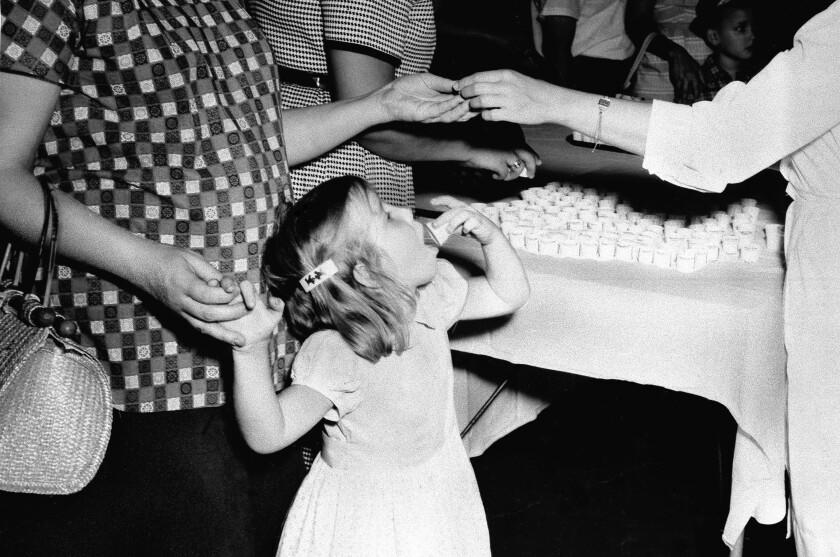Podcast: The pandemic will end. We promise.

The COVID-19 era is rough, to say the least. But let's put it in perspective. Every pandemic ends eventually, and this one will too.
Today, assistant editor Jessica Roy with the L.A. Times' utility journalism team walks us through a century of past pandemics — from the 1918 flu to SARS — and the different ways they resolved, and she describes what's likely to happen in our future.
Then medical historian Frank Snowden, a professor emeritus at Yale, reaches further back to explore how pandemics have changed society and what we've learned from them.
Host: Gustavo Arellano
Guests: L.A. Times utility journalism assistant editor Jessica Roy and Yale professor emeritus of history Frank Snowden
More reading:
Will this pandemic ever end? Here’s what happened with the last ones
CDC shifts pandemic goals away from reaching herd immunity
From the archives: April 2020: From the Black Death to AIDS, pandemics have shaped human history. Coronavirus will too
This story originally appeared in Los Angeles Times.

